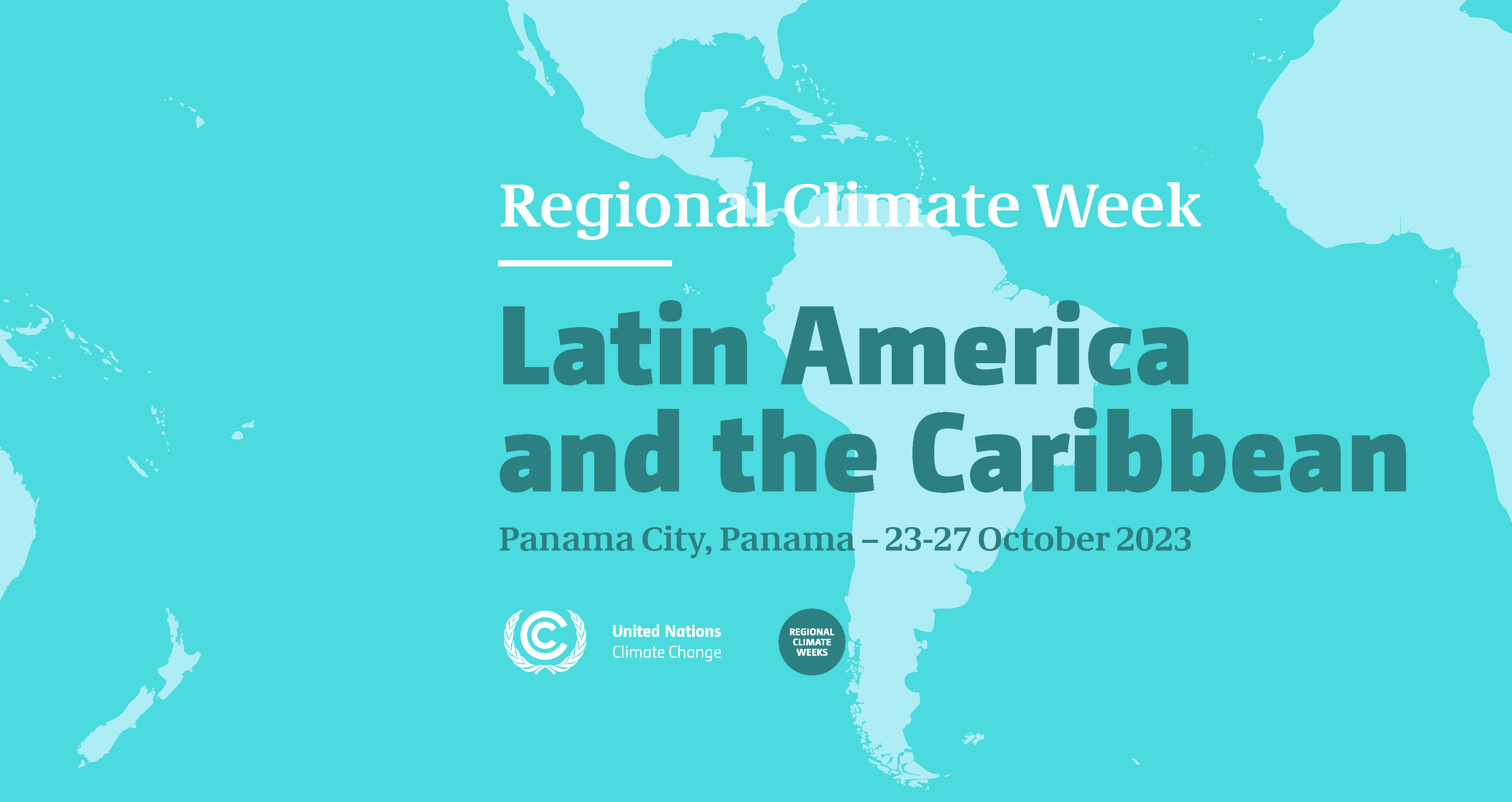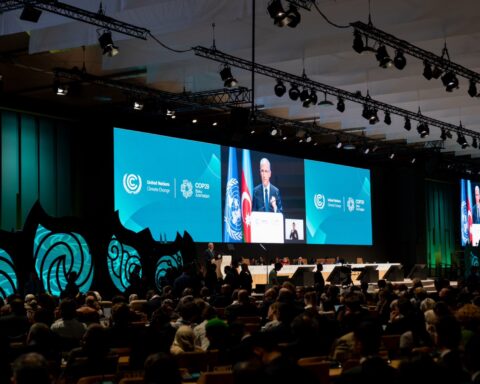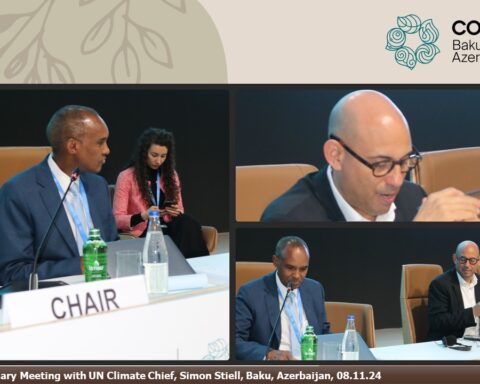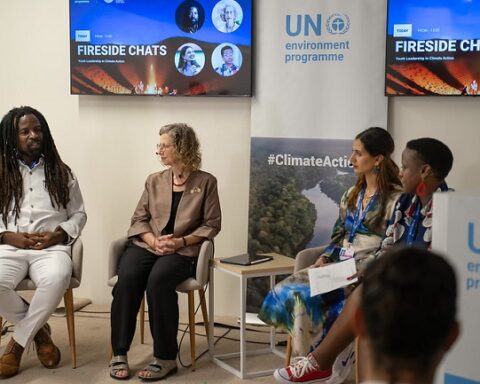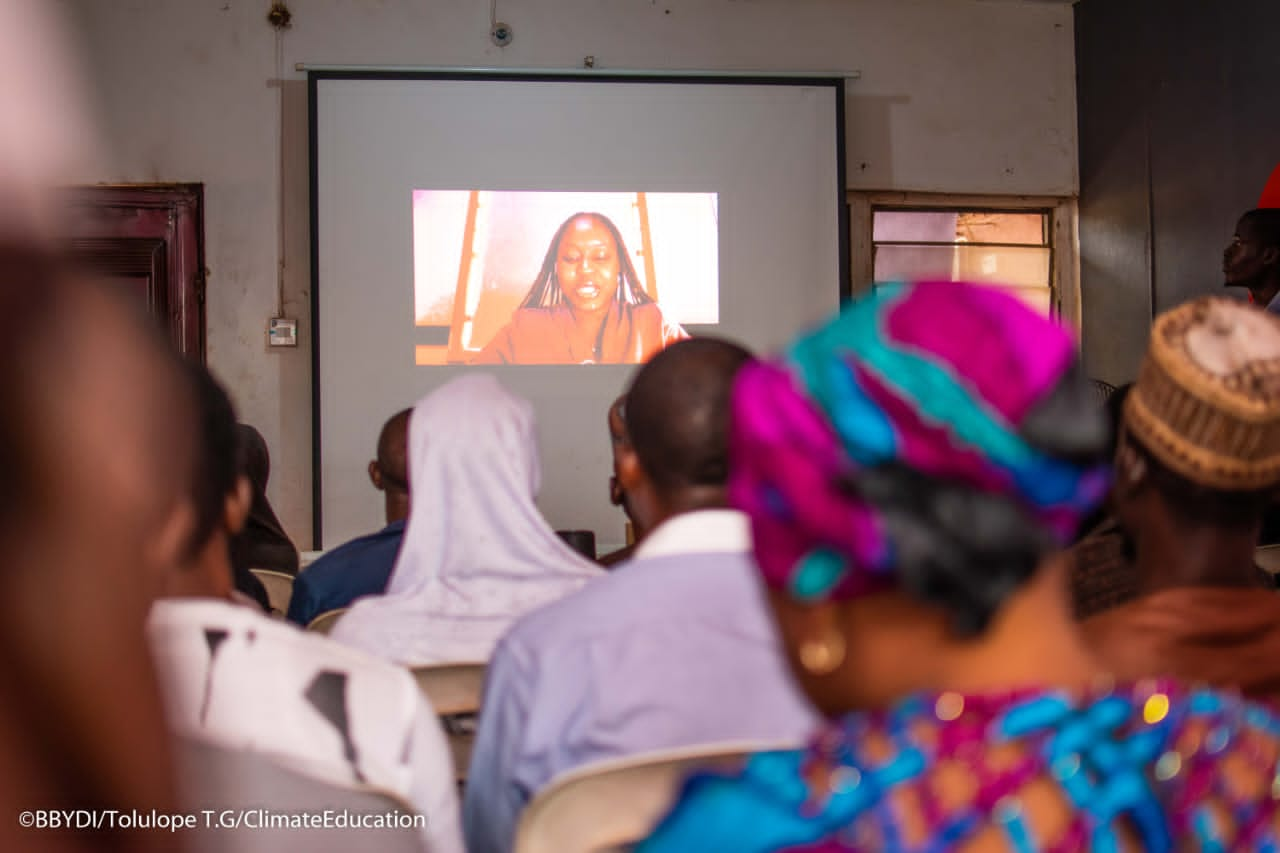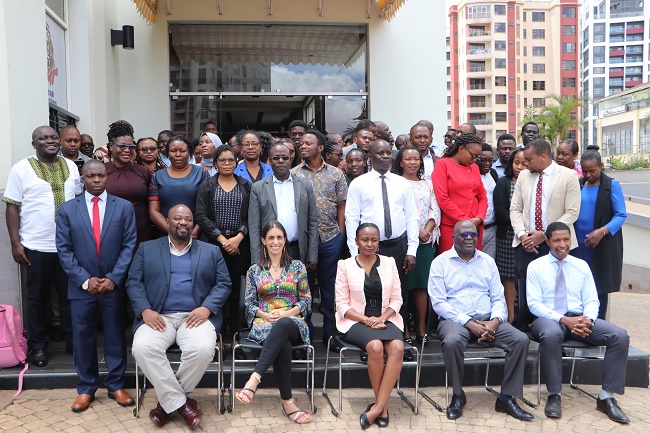The Latin America and the Caribbean Climate Week (LACCW) takes centre stage today as it convenes regional stakeholders to showcase climate action, encourage heightened ambition, and build regional momentum towards impactful outcomes at the UN Climate Change Conference (COP28) in Dubai.
Taking place in Panama City from 23rd to 27th October and hosted by the government of Panama, LACCW brings together representatives from local and national governments, Indigenous Peoples, civil society and the private sector to discuss challenges and opportunities for climate action in one of the most diverse regions in the world.
LACCW will contribute to informing the first global stocktake of the Paris Agreement – a defining moment to renew ambition worldwide to keep global warming below 1.5 degrees Celsius.
Countries in Latin America and the Caribbean (LAC) grapple with the rising frequency of extreme weather events and the imminent threat of sea-level rise, underscoring the region’s pressing need to prioritize adaptation, access to climate finance, and the operationalization of the loss and damage fund.
“In Latin America and the Caribbean, climate action has never been an option; it’s our future’s compass. Recent extreme weather events serve as stark reminders. Having served as a minister for climate resilience in the region, I am acutely aware that climate change has the potential to exacerbate existing inequalities, risking hard-earned progress.
“Equally, what stands out across this region is the immense willingness to accelerate the climate agenda – a powerful commitment and opportunity to act decisively and create a sustainable future for the benefit of all,” said UN Climate Change Executive Secretary Simon Stiell.
The region is not just vulnerable to climate impacts. It also boasts abundant natural resources that can drive progress towards net-zero emission economies.
With nearly 60 per cent of electricity generated by hydropower and vast potential for wind and solar energy development, LAC holds immense potential for sustainable energy production.
Milciades Concepción, Minister of the Environment of Panama highlighted that this regional meeting represents a milestone in joint efforts to address the challenges posed by climate change and to renew commitment for a more sustainable world.
“Latin America and the Caribbean, a region of unparalleled natural and cultural wealth, also faces significant challenges caused by climate impacts. Fires, droughts, floods and extreme temperatures have made it clear that the time for action is now.”
Enhancing climate action in LAC is crucial to reducing inequalities, improving health, fostering sustainable development, and addressing the region’s economic, political, social and environmental crises – all intricately interconnected.
“In Latin America and the Caribbean, climate action is no longer optional. Wildfires and other extreme events in the region remind us that half-measures are not viable. We need to lead with nature, harness the power of innovation, and learn from Indigenous Peoples to drive a sustainable and resilient future in Latin America and the Caribbean,” said Elizabeth Mrema, Deputy Executive Director of the United Nations Environment Programme.
“The LACCW is a key moment to showcase the region’s climate leadership and drive critical progress ahead of COP28.”
José Cruz-Orio, Regional Hub Manager of the United Nations Development Programme for Latin America and the Caribbean, said: “Latin America and the Caribbean, as the rest of the world, faces the challenging impacts of climate change, affecting socio-economic progress and posing risks to food and water security.
However, this region, with its remarkable biodiversity and clean energy profile, is embracing ambitious Nationally Determined Contributions, paving the way for sustainable, low-carbon, and climate-resilient development. I hope the Regional Climate Week will be leveraged as an opportunity to join forces and continue to explore solutions towards a sustainable future on the road to COP28.”
LACCW is poised to be an effective platform for collaboration on climate action, enabling the region to lead by example at COP28 with ambitious, inclusive and results-oriented solutions.
By Dare Akogun


